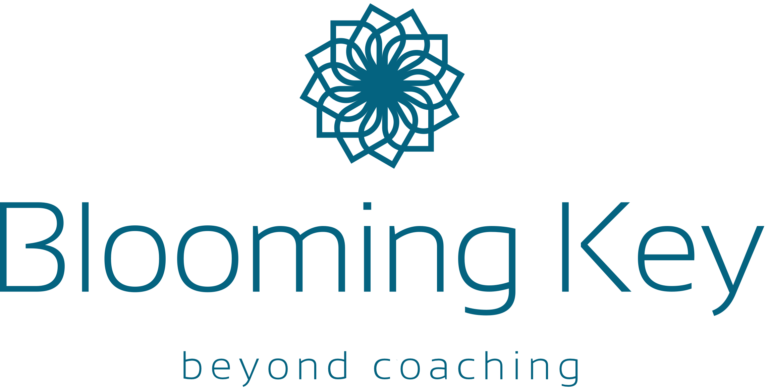Mental Fitness & Life Coaching Blog

Finding Purpose in the UAE Without Losing Yourself
Learn how to increase energy and focus naturally for high-performing professionals in Dubai, and why internal regulation matters more than motivation.

Energy and Flow
Learn how to increase energy and focus naturally for high-performing professionals in Dubai, and why internal regulation matters more than motivation.

The Power of Presence
Many high performers in Dubai and Abu Dhabi experience a subtle disconnect between mental clarity and physical energy. This article explores why mind–body alignment matters – and how holistic coaching helps restore balance, focus, and sustainable performance.

Mind-Body Alignment
Many high performers in Dubai and Abu Dhabi experience a subtle disconnect between mental clarity and physical energy. This article explores why mind–body alignment matters – and how holistic coaching helps restore balance, focus, and sustainable performance.

Redefining Fulfillment Through Life Coaching in the UAE
Many high-achieving professionals in the UAE appear successful on the outside yet feel a quiet sense of misalignment within. This article explores why fulfillment often fades – and how clarity, presence, and inner alignment restore it.

Emotional Balance and Resilience in Dubai for High Performers
For high-performing professionals in Dubai, emotional balance and resilience are key to maintaining clarity, stability, and presence in a demanding environment.
